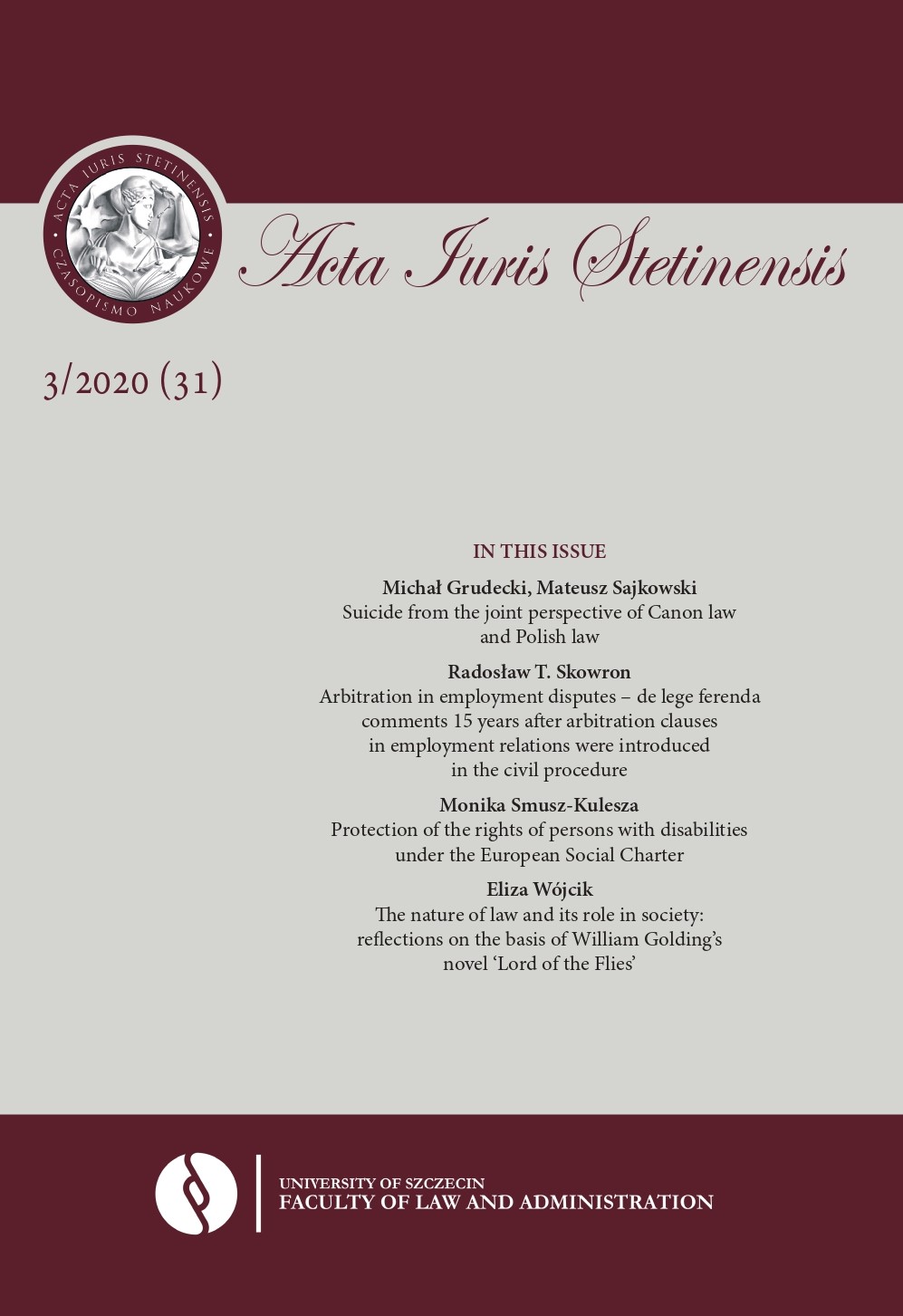Internet of Things and biometric data versus employee privacy in the Polish case
Internet of Things and biometric data versus employee privacy in the Polish case
Author(s): Krystian RyśSubject(s): Law, Constitution, Jurisprudence, Human Rights and Humanitarian Law, Labour and Social Security Law
Published by: Wydawnictwo Naukowe Uniwersytetu Szczecińskiego
Keywords: Internet of Things; biometric data; employee privacy
Summary/Abstract: The Internet of Things is a modern technology that affects every area of human life, including employment relationships. IoT enables the processing of specific personal data categories, including biometric data, and entails the risk of employers interfering with employee privacy. Due to the use of intelligent solutions, the issue of employee privacy, which is, in principle, a personal right subject to protection, becomes significant. The relationship between an employee and an employer includes two subjects of legal protection, the meeting of which may lead to internal contradiction. There is the employee’s dignity and privacy, on the one hand, and protection of reasonable interests of an employer, on the other. A definition of the concept of the Internet of Things and its applications was introduced. Moreover, the author proposed setting a specific legal framework for this and discussed the issue of biometric data. It was also shown how far IoT solutions, which make it possible to analyse and describe the personality of an individual, may interfere with the information autonomy of a person. As a consequence, the employer’s interference with employee privacy cannot be unrestricted, because it should be limited by purpose and lawfulness. This is the purpose of the current legislation.
Journal: Acta Iuris Stetinensis
- Issue Year: 2020
- Issue No: 31 (3)
- Page Range: 79-94
- Page Count: 16
- Language: English

